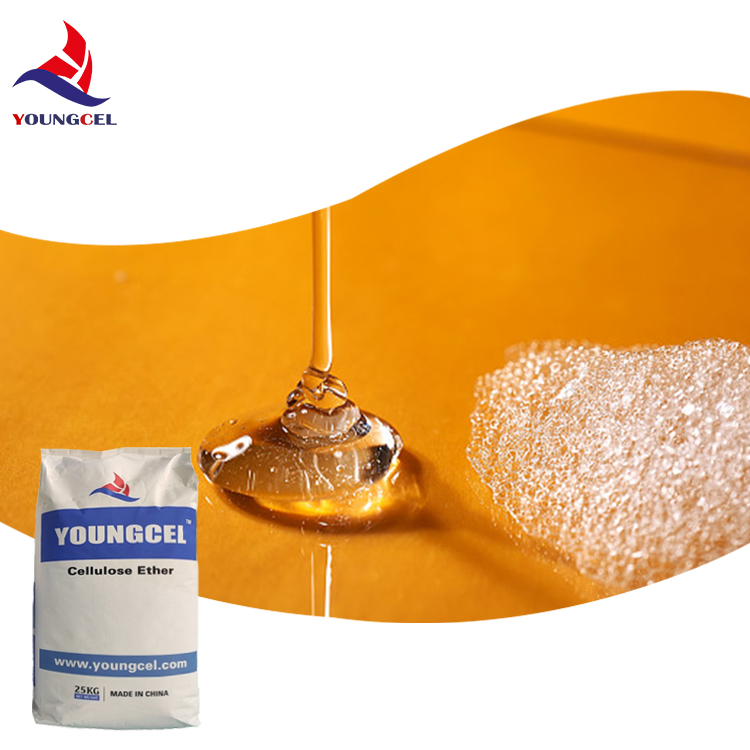The Role of Cellulose Thickener in Various Industries
Cellulose, a natural polymer derived from plant cell walls, serves as an essential thickening agent in numerous industries, ranging from food production to pharmaceuticals and cosmetics. Due to its remarkable properties, cellulose thickener has become a go-to ingredient for enhancing the texture and stability of various products.
What is Cellulose Thickener?
Cellulose thickener is a powdery substance primarily composed of cellulose fibers that have been processed to improve their thickening capabilities. Common types include carboxymethyl cellulose (CMC), hydroxypropyl methylcellulose (HPMC), and microcrystalline cellulose (MCC). These derivatives of cellulose exhibit excellent water retention, emulsification, and gelling properties, making them valuable in formulations that require viscosity control.
Applications in the Food Industry
In the food sector, cellulose thickener is frequently utilized to improve texture and stabilize emulsions. It finds widespread application in sauces, dressings, ice creams, and baked goods. By adding cellulose thickener, manufacturers can achieve a creamy, smooth consistency that enhances the overall sensory experience of the product. For example, CMC is often used in low-fat or reduced-calorie foods to mimic the mouthfeel of higher-fat counterparts without adding unnecessary calories.
Additionally, cellulose thickeners are beneficial in gluten-free baking, where they can help to bind ingredients and provide structure to the final product. They serve as critical components in stabilizing whipped toppings and preventing syneresis (the separation of liquid) in products like yogurt and puddings.
Benefits in Pharmaceuticals
cellulose thickener

The pharmaceutical industry also capitalizes on cellulose thickeners, especially in the formulation of suspensions, gels, and creams. The thickening properties of cellulose help maintain the uniform distribution of active ingredients, ensuring that medications are effective and easy to administer. Moreover, cellulose thickeners can enhance the bioavailability of certain drugs by improving their solubility, making them more effective in the body.
Beyond just thickening, cellulose derivatives can also act as binding agents in tablet formulations, promoting cohesiveness and controlled release of active compounds. Their inert nature ensures that they do not interfere with the therapeutic effects of the drugs, which is a critical consideration in pharmaceutical design.
Use in Cosmetics and Personal Care Products
In the cosmetics and personal care industry, cellulose thickeners are widely used in products such as lotions, creams, shampoos, and gels. They contribute to the desired viscosity and ensure a pleasant texture that enhances user experience. The thickening agents also help stabilize emulsions, preventing the separation of oil and water phases, which is vital for product efficacy.
Furthermore, cellulose thickeners are favored for their natural origin, as consumers increasingly seek clean and sustainable beauty products. The versatility of cellulose allows for its integration into numerous formulations, making it an indispensable ingredient in the cosmetics realm.
Conclusion
Cellulose thickener exemplifies how natural ingredients can meet modern needs across various industries. From improving food texture to enhancing pharmaceutical efficacy and enabling superior cosmetic formulations, cellulose thickener stands out for its multifunctional benefits. As industries continue to prioritize sustainability and consumer preferences for natural ingredients, cellulose thickener's role is likely to expand even further, solidifying its position as a valuable resource in various applications.
-
Rdp Powder: Key Considerations for Wholesalers in the Building Materials IndustryNewsJul.08,2025
-
Key Considerations for Wholesalers: Navigating the World of Hpmc - Based ProductsNewsJul.08,2025
-
Hpmc Detergent: Key Considerations for WholesalersNewsJul.08,2025
-
Key Considerations for Wholesalers: China Hpmc For Tile Adhesive, Coating Additives, Concrete Additives, and MoreNewsJul.08,2025
-
Crucial Considerations for Wholesalers: Navigating the World of Construction MaterialsNewsJul.08,2025
-
Key Considerations for Wholesalers Sourcing Additive For Cement, Additive For Concrete, Additive For Putty from Additive Manufacturer Shijiazhuang Gaocheng District Yongfeng Cellulose Co., Ltd.NewsJul.08,2025




